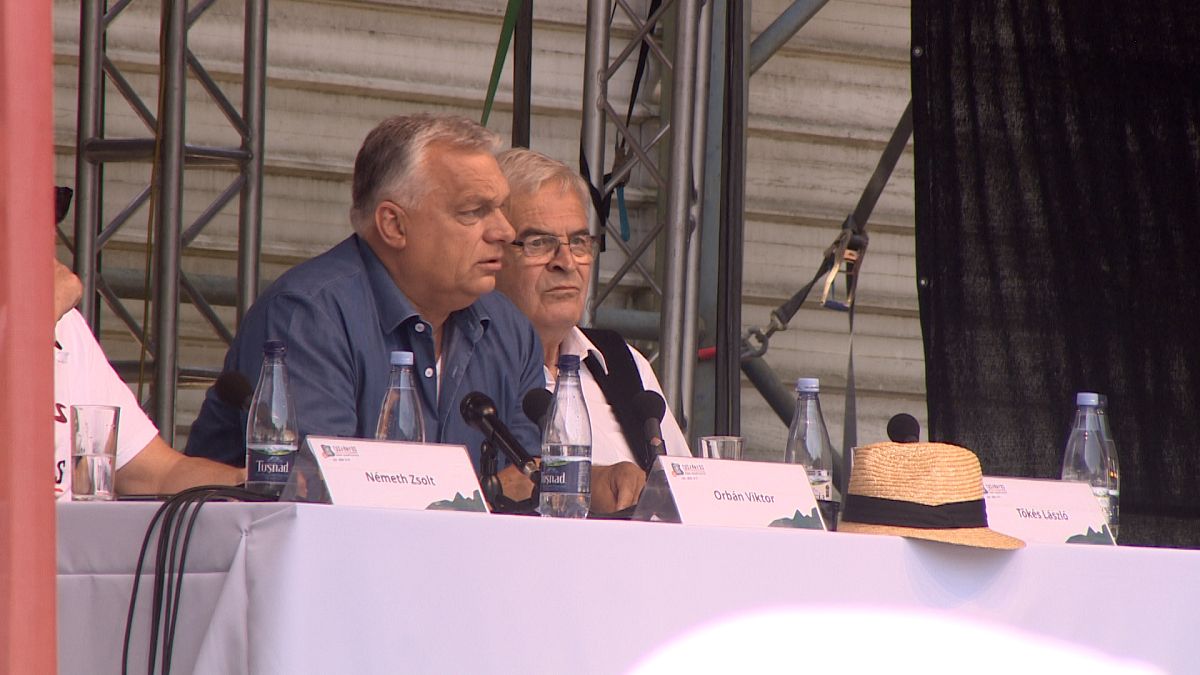

In recent days, the international stage has been marked by a range of evolving situations, reflecting both the complexities and the resilience of global communities. This article seeks to bring clarity and awareness to these developments. From diplomatic challenges within the European Union to humanitarian efforts in conflict zones, these stories underscore the interconnected nature of our world.
In Hungary, Prime Minister Viktor Orban has announced a significant stance regarding the European Union budget. Stemming from financial disagreements exacerbated by the EU’s freeze on certain funds, Orban has vowed to veto the upcoming budget negotiation. This decision echoes the ongoing tension between Brussels and Budapest, notably influenced by differing positions on critical issues like the conflict in Ukraine. The move reveals the intricate balancing act between national governance and supranational bodies, as each side navigates financial and political priorities.
Meanwhile, in Southeast Asia, the border dispute between Thailand and Cambodia has escalated, leading to the declaration of martial law in Thailand’s border districts. This decision follows recent clashes near the ancient Ta Muen Thom temple, a site steeped in historical significance and strategic importance. The introduction of martial law underscores the region’s efforts to stabilize the situation, prioritizing security and well-being amid ongoing tensions. Such measures reflect a cautious approach in managing regional disputes that might otherwise reverberate across international boundaries.
On the continent of Europe, attention has turned to a call for investigations into alleged financial misconduct by former EU Commissioners. A taxpayer organization has advocated for criminal scrutiny regarding potential unlawful financial transactions directed at environmental NGOs. This development revives discussions surrounding transparency and accountability within institutional frameworks, emphasizing the importance of trust in both public and environmental stewardship.
In Australia, the interaction between renters and real estate agents in New South Wales offers a window into everyday challenges faced by citizens. Amidst concerns over fees imposed on tenants for not being home during maintenance visits, discourse around tenant rights and landlord obligations continues to evolve. The case highlights the need for clarity in communication and regulations, ensuring respectful and fair treatment in housing-related matters.
Over in Greece, an explosive incident targeting the home of a prominent prison guard association official in Thessaloniki has drawn attention. While fortunately unharmed, the attack resulted in injuries to two individuals and damage to properties. It underscores the fragile nature of security in certain locales, prompting reflections on safeguarding civic spaces and those contributing to public service.
Turning to the Middle East, a cooperative humanitarian initiative led by the UK, France, and Germany is underway, offering hope amid adversity. Keir Starmer has confirmed plans to airdrop essential aid into Gaza, coupled with efforts to evacuate children in need of medical attention. This endeavor, conducted in collaboration with Jordan, demonstrates international solidarity and the imperative to address humanitarian crises with compassion and practical solutions. This initiative stands as a testament to the enduring human spirit and collective resolve to aid vulnerable communities.
Across these varied narratives, what emerges is an intricate portrait of global dynamics and the relentless pursuit of stability and justice. Through fiscal negotiations, territorial conflicts, integrity investigations, societal interactions, security measures, and humanitarian missions, each story contributes to a mosaic of ongoing transformation and hope. As these stories evolve, they remind us of the importance of collaboration, empathy, and resilience in forging paths toward peaceful and equitable futures.
Source: {link}
